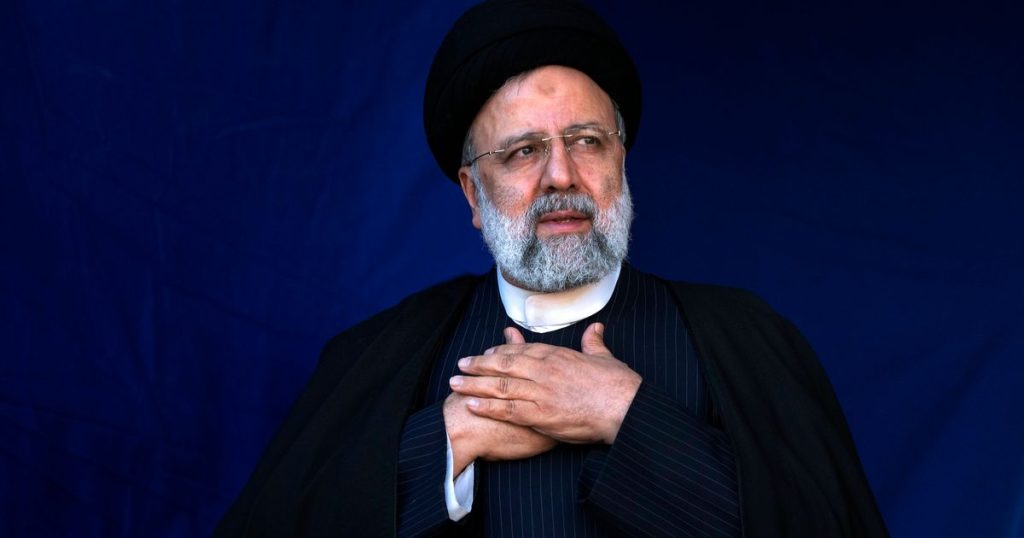He was elected as president in June 2021 in a controversial election that saw many reformist and moderate candidates disqualified from running. Raisi is known for his conservative views and strict interpretation of Islamic law. As the former head of the judiciary, he was criticized for his role in prosecuting and sentencing political dissidents, journalists, and human rights activists. Raisi is also believed to have played a role in the execution of thousands of political prisoners in the 1980s. His election was met with skepticism and concern from the international community, with many countries expressing reservations about his human rights record.
Raisi’s presidency has been marked by a conservative agenda that has rolled back many of the social and political reforms implemented under his predecessor, Hassan Rouhani. He has advocated for a return to traditional Islamic values and has cracked down on dissent and protests. Raisi has also taken a hard line against the United States and other Western countries, accusing them of interfering in Iran’s internal affairs and supporting opposition groups. He has called for a more self-reliant and independent foreign policy that focuses on strengthening alliances with countries in the region, such as Russia and China.
Despite his controversial past and conservative policies, Raisi remains popular among many Iranians who see him as a strong leader who is committed to upholding traditional values and defending Iran’s interests. He has focused on addressing the country’s economic challenges, including high inflation and unemployment, and has promised to improve living standards for ordinary Iranians. Raisi’s government has also implemented measures to combat corruption and improve efficiency in the public sector, although critics argue that these efforts have been overshadowed by his authoritarian tendencies.
Raisi’s presidency comes at a challenging time for Iran, as the country grapples with the economic impact of international sanctions and the ongoing political tensions in the region. His government is also facing growing discontent from the Iranian people, who are increasingly disillusioned with the lack of progress on economic and social issues. Raisi’s handling of the COVID-19 pandemic has also come under scrutiny, with critics accusing him of downplaying the severity of the crisis and failing to implement effective measures to contain the spread of the virus.
Internationally, Raisi’s presidency has been met with mixed reactions. While some countries have expressed cautious optimism about the potential for improved relations with Iran under his leadership, others have raised concerns about his human rights record and his hard-line policies. The Biden administration in the United States has indicated a willingness to engage with Iran on issues such as the nuclear deal, but has also emphasized the need for Iran to address human rights concerns and regional stability. Raisi’s government is likely to face continued pressure from the international community to address these issues and improve its domestic and foreign policies.
As Iran’s president, Raisi holds significant power and influence over the country’s political and economic affairs. His hard-line stance and conservative agenda have reshaped Iran’s domestic and foreign policies, leading to increased tensions with the West and other regional powers. The future of Iran under Raisi’s leadership remains uncertain, as he continues to face challenges both at home and abroad. However, his presidency has highlighted the deep divisions within Iranian society and the complex dynamics that will shape the country’s future trajectory.


